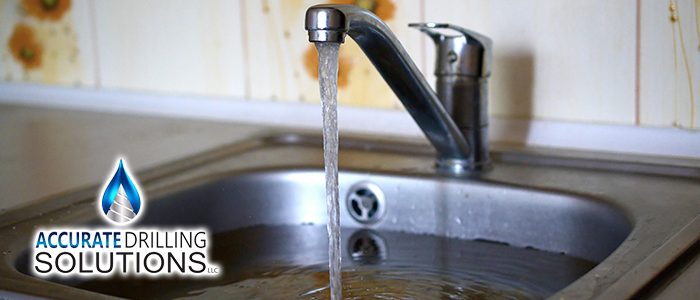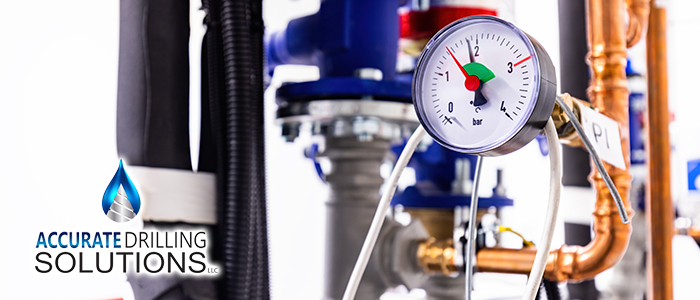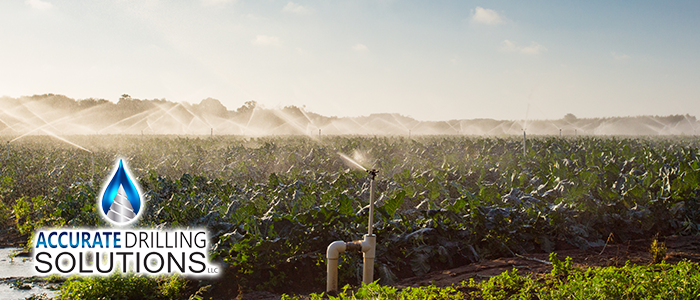
Water Quality Solutions for Zephyrhills Homeowners
For homeowners in Zephyrhills and Dade City relying on private well water, ensuring the quality and safety of that water is a top priority. Unlike municipal water systems, private wells don’t undergo centralized treatment, placing the responsibility squarely on the homeowner. Understanding potential water quality issues common in the area and knowing the available Water Quality Solutions for Zephyrhills Homeowners is crucial for maintaining a healthy and enjoyable water supply.
Florida’s unique geology can influence groundwater characteristics, leading to various aesthetic issues (like taste, odor, or staining) and potential health concerns if certain contaminants are present. Fortunately, effective testing and treatment technologies are readily available to address most well water problems found in the Zephyrhills region.
Common Well Water Quality Issues in the Zephyrhills Area
Homeowners with wells in Zephyrhills and surrounding areas like Dade City may encounter several common water quality challenges:
- Hardness: Caused by dissolved calcium and magnesium minerals. While not a health risk, hardness leads to scale buildup in pipes and appliances (water heaters, dishwashers), soap scum, and dry skin/hair. Florida’s limestone geology makes hardness very common.
- Iron: Can cause reddish-brown staining on fixtures, laundry, and dishes. It can also impart a metallic taste and promote the growth of iron bacteria (slimy residue in toilet tanks). Iron exists in dissolved (ferrous) or oxidized (ferric) forms.
- Hydrogen Sulfide (Sulfur): Produces a distinct “rotten egg” smell, particularly noticeable in hot water. It’s caused by naturally occurring sulfur bacteria or dissolved hydrogen sulfide gas.
- Tannins: Result from decaying vegetation, causing water to have a yellowish or brownish tint, similar to weak tea. Tannins are aesthetically displeasing but generally not harmful.
- Bacteria: Coliform bacteria are indicators that surface contamination may have entered the well. While most coliforms are harmless, their presence suggests disease-causing organisms like E. coli could also be present. Bacterial contamination is a serious health concern.
- Sediment/Turbidity: Sand, silt, or cloudiness in the water can indicate issues with the well screen, pump placement, or surface water intrusion.
- Low pH (Acidity): Acidic water (pH below 7.0) can be corrosive to plumbing, leading to leaks and potentially leaching metals like copper and lead from pipes.
Identifying which of these issues, if any, affect your water is the first step towards finding a solution.
The Importance of Comprehensive Water Testing
You can’t treat what you don’t know is there. Visual inspection and smell can hint at some issues (like iron or sulfur), but many contaminants are undetectable by human senses. Regular, comprehensive water testing by a state-certified laboratory is the only reliable way to understand your water’s composition and safety. The EPA recommends private well owners test annually for bacteria, nitrates, pH, and total dissolved solids. Additional tests for specific local concerns (like hardness, iron, sulfur, tannins, or even arsenic, depending on the region) should be considered.
Accurate Drilling Solutions can assist Zephyrhills homeowners in coordinating proper water testing. Understanding the test results is crucial for selecting the most effective and cost-efficient treatment method. Don’t rely on guesswork or off-the-shelf solutions without knowing your specific water chemistry.
Water Softeners for Hardness Problems
For the common issue of water hardness, the standard solution is an ion-exchange water softener. These systems work by passing hard water through a resin bed containing tiny beads charged with sodium (or sometimes potassium) ions. The calcium and magnesium ions (which cause hardness) are attracted to the resin, and they displace the sodium ions, which are released into the water. The result is “softened” water that prevents scale buildup and improves soap lathering.
Water softeners require periodic regeneration, where a brine solution (saltwater) flushes the accumulated calcium and magnesium from the resin bed, recharging it with sodium ions. Homeowners need to keep the brine tank filled with salt. Choosing the right size softener depends on water hardness level and household water usage.
Iron and Sulfur Removal Systems
Dealing with iron and hydrogen sulfide often requires oxidation followed by filtration. Common treatment methods include:
Aeration Systems: Injecting air into the water oxidizes dissolved iron (turning it into filterable particles) and helps release hydrogen sulfide gas. The water then typically passes through a filter tank.
Oxidizing Filters: These use filter media coated with manganese dioxide (like Manganese Greensand or proprietary media like Birm® or Pyrolox®). The media oxidizes iron, manganese, and hydrogen sulfide, trapping the resulting particles, which are then periodically backwashed out.
Chemical Injection (Chlorine or Hydrogen Peroxide): Injecting an oxidizing chemical effectively removes high levels of iron and sulfur and also provides disinfection. This usually requires a contact tank for the chemical to work, followed by a carbon filter to remove the residual chemical taste/odor.
The best method depends on the levels of iron/sulfur, pH, and other water parameters.
Addressing Tannins, Sediment, and Acidity
Other common issues also have specific Water Quality Solutions for Zephyrhills Homeowners:
Tannin Removal: Specialized anion exchange resin filters, similar in appearance to water softeners but using different media, are effective at removing tannins.
Sediment Filtration: Simple cartridge filters (spun or pleated) can remove sand and silt. For higher sediment loads, backwashing media filters might be necessary.
pH Neutralization: For acidic water (low pH), neutralizing filters containing calcite (calcium carbonate) or magnesium oxide slowly dissolve, raising the pH and reducing corrosivity. Like softeners, these require periodic media replenishment.
Disinfection for Bacterial Contamination
If water testing reveals bacteria (total coliform or E. coli), immediate action is required as this poses a health risk. Solutions include:
UV (Ultraviolet) Disinfection: Water flows through a chamber exposed to UV light, which deactivates bacteria, viruses, and other microorganisms, rendering them unable to reproduce and cause illness. UV systems don’t add chemicals but require pre-filtration for cloudy water and annual bulb replacement.
Chlorination: Continuous injection of chlorine provides a disinfection residual throughout the plumbing system. It’s highly effective but requires careful dosage control and often a carbon filter afterwards to remove chlorine taste and odor.
Shock chlorination (a one-time high dose) can be used after well work or if contamination is suspected, but it’s not a permanent solution for ongoing bacterial presence. Identifying and fixing the source of contamination (e.g., faulty well cap, casing issue) is also crucial.
Choosing and Maintaining Your Treatment System
Selecting the right combination of water treatment equipment depends entirely on your water test results. Often, multiple issues need addressing, potentially requiring a multi-stage treatment train (e.g., sediment filter -> iron filter -> softener -> UV light). Consulting with a water treatment expert, like those at Accurate Drilling Solutions, ensures you get a system tailored to your specific needs in Zephyrhills or Dade City.
All water treatment systems require regular maintenance – changing filters, replenishing salt or chemicals, replacing UV bulbs, or re-bedding media tanks. Neglecting maintenance will cause the system to become ineffective. Understanding the maintenance requirements and costs before installation is important.
Conclusion: Enjoying Clean, Safe Well Water in Zephyrhills
Owning a private well in Zephyrhills or Dade City doesn’t mean settling for poor water quality. By understanding potential issues, committing to regular water testing, and implementing the appropriate Water Quality Solutions for Zephyrhills Homeowners, you can ensure your family has access to safe, clean, and pleasant-tasting water. From hardness and iron to bacteria concerns, effective treatment options are available.
For expert water testing coordination, system recommendations, professional installation, and ongoing maintenance of water treatment systems, contact the specialists at Accurate Drilling Solutions. Visit Accurate Drilling Solutions to find the right solution for your well water quality needs.
continue reading
Related Posts
Sarasota Commercial Pump Maintenance Essentials For commercial properties in Sarasota
Plant City Agricultural Well Systems: A Complete Guide Agriculture is
St. Petersburg’s Guide to Sustainable Water Solutions In coastal communities






